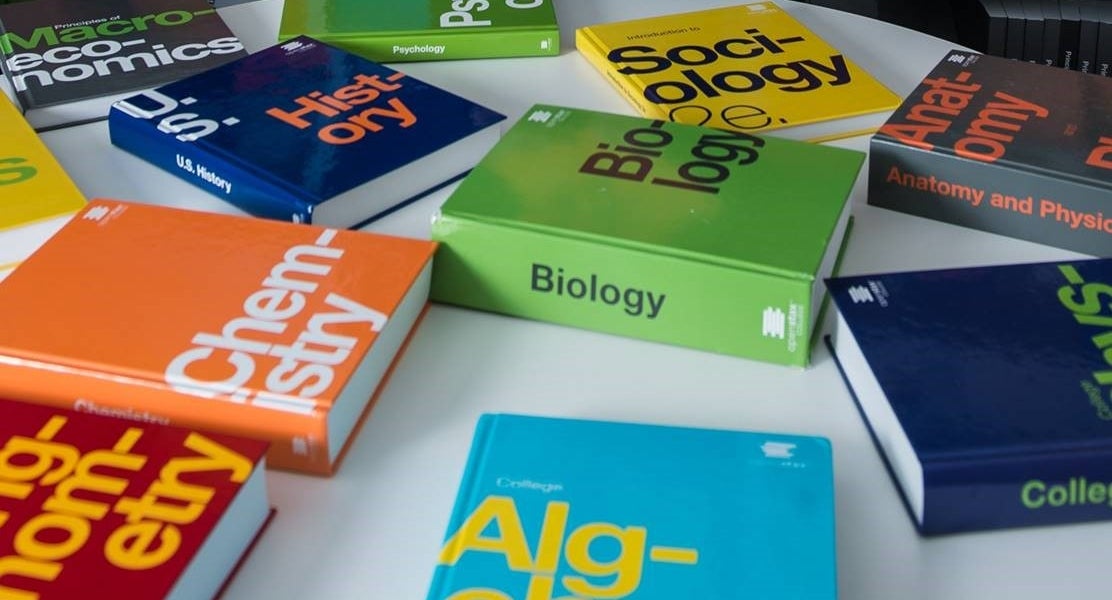OpenStax, Rice University’s educational technology initiative, is improving diversity and representation in its textbooks by closely reviewing user feedback and enlisting help from advocates for racial, ethnic, LGBTQ and gender equity.
In late 2019, OpenStax added diversity and representation development guidelines to the additional resources section of each of its free, openly licensed online textbooks. The organization also hosted a virtual event that engaged both users and the broader education community in conversations about the importance of representation in textbooks.
In the wake of the deaths of unarmed Black Americans at the hands of police in 2020 and subsequent national protests, OpenStax reaffirmed its commitment to improving equity in education for all, including marginalized groups. Among its many goals for improving equity in course materials, OpenStax is reviewing and updating images, examples and other textbook material.
“The updates OpenStax is currently making won’t just impact existing titles; these considerations are being made and steps are being taken to ensure that future textbook content accurately represents historical accounts, society and more,” OpenStax Managing Director Daniel Williamson said.
“Our Sociology textbook, for example, which deals closely with issues of race, gender and inequality, will have new topics added and existing topics revised,” OpenStax Editorial Director Anthony Palmiotto said. “Meanwhile, we are in the process of developing an entirely new English Composition textbook that invites students to participate in the ongoing dialogue over the power of language to shape identity and culture. To bring forth diverse experiences and amplify unique voices, the book will feature a powerful group of trailblazers from a variety of backgrounds, including Frederick Douglass, Alice Wong and Tara Westover. Our other textbooks — both previously published and in development — are undergoing similar changes to reflect the lived experiences of our users and the inclusive approaches of each discipline.”
Improvements are being made to OpenStax books across subject areas, including business, science, social science, humanities and mathematics.
“In June of last year, we said that we have a responsibility to ensure that the knowledge we share is curated by diverse groups of people and representative of diverse histories and ideas,” Williamson said. “Those words will always be true and this work is critical to providing more equitable learning opportunities to our students.”
Educators and students can expect to begin seeing textbook content improvements this semester with the publication of Sociology 3e and updates to Biology 2e slated for May, and they’re encouraged to share feedback on any OpenStax textbook using the organization’s errata tool.

